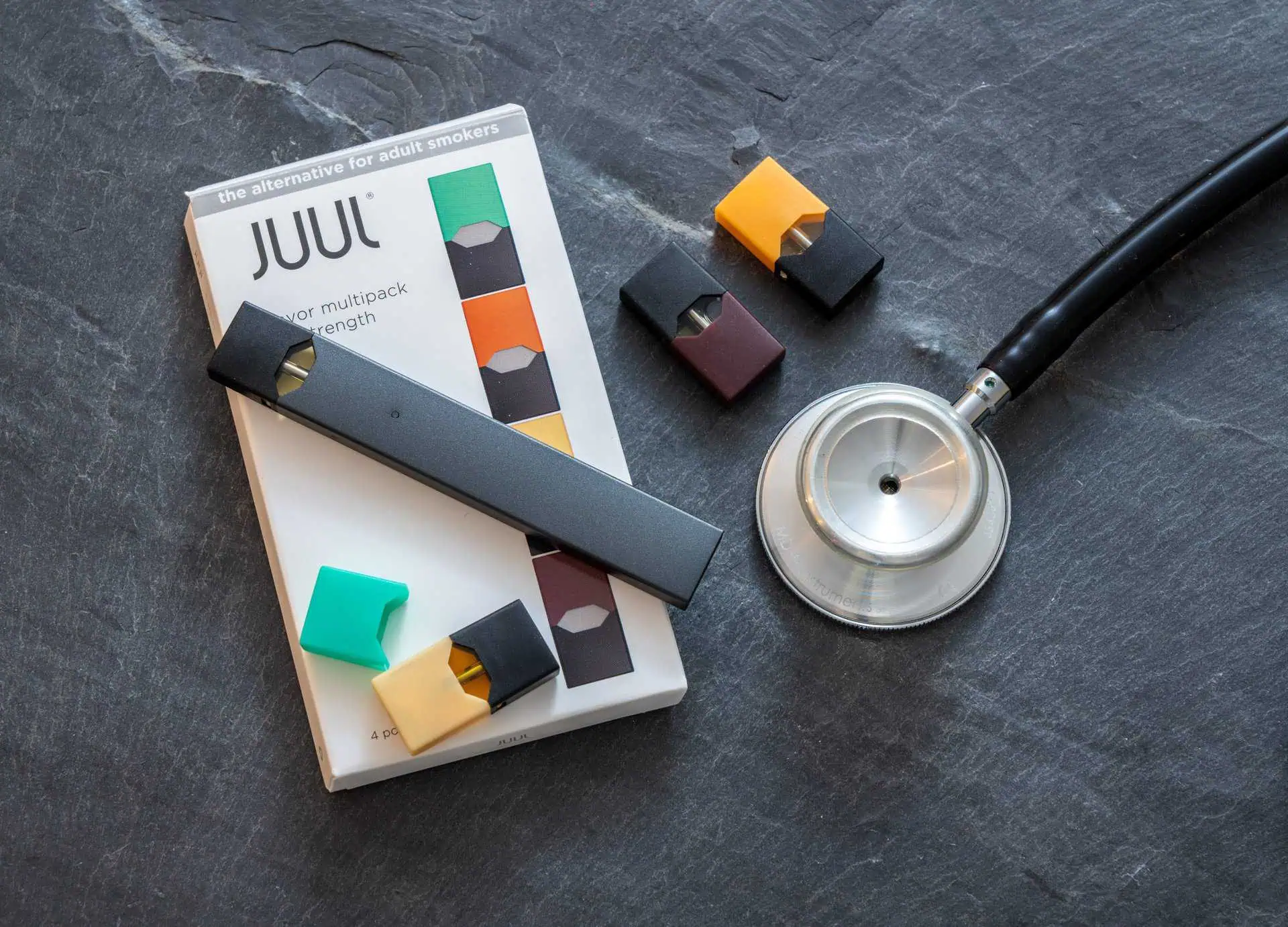Evidence shows that the JUUL device contains significantly more nicotine than regular cigarettes and pose a high risk for nicotine addiction, especially for teen users.
The lawsuit’s intent is to hold the manufacturer accountable for the misrepresentation of the safety of their device and the targeting of teens in their marketing.
Juul lawsuits continue to be filed on behalf of teens and their families claiming the device caused them to become addicted to nicotine, and if they had known the amount of nicotine that the JUUL contained, they would not have started using it.
We anticipate in the coming years that many more people will come forward due to the potential detrimental effects vaping can have on teen health.
While we hope we are wrong about this, and that no more lawsuits are filed, it is important now for parents and teens to talk about vaping facts in order to try and curb this growing epidemic.
If you are the parent of a child who has become addicted to nicotine after using the Juul, you may be eligible to file a JUUL lawsuit against the manufacturer of the vaping device, Juul Labs.



